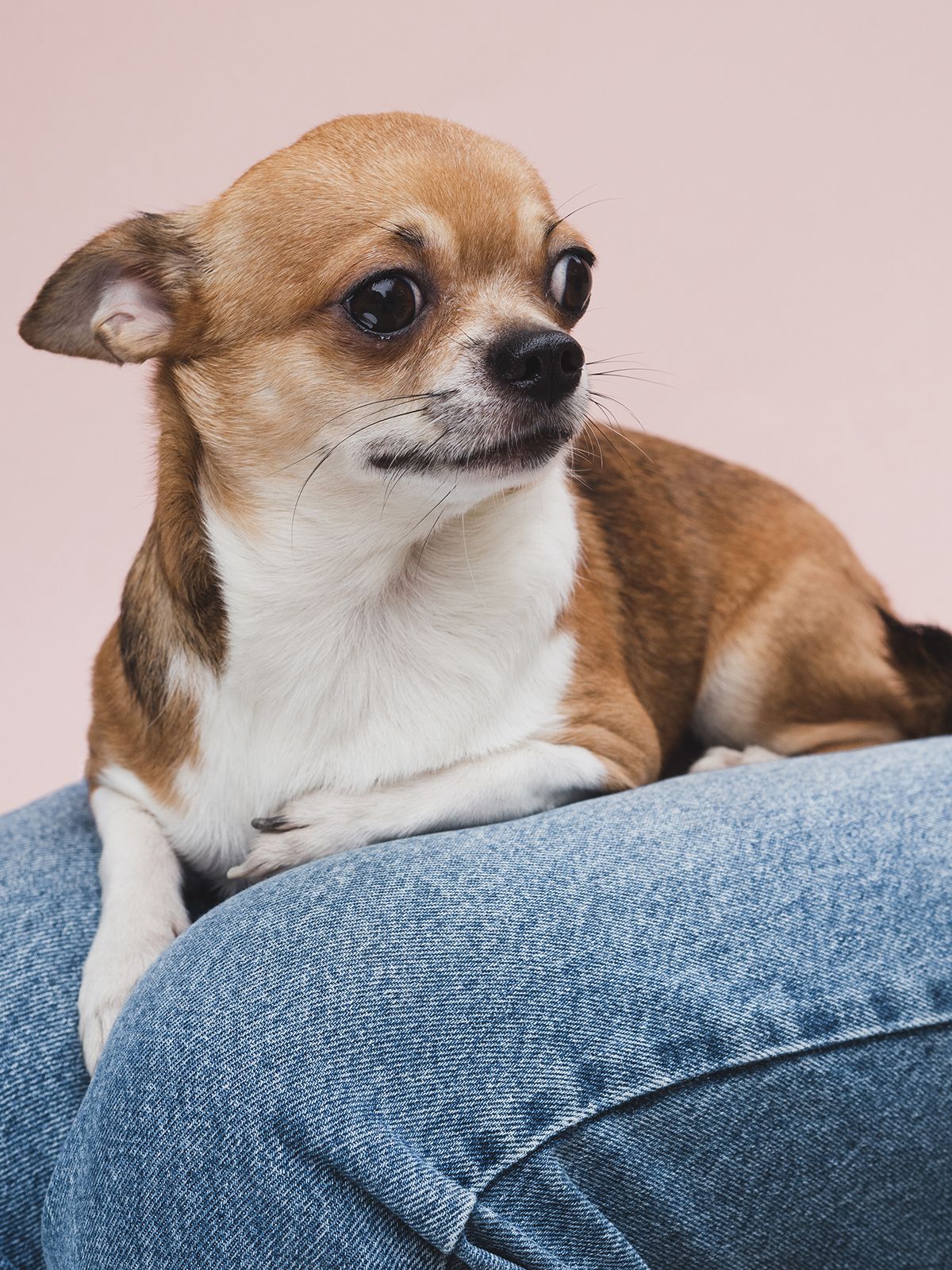
Dog is Possessive
Dogs are well known for their loyalty and affection, and as such can often exhibit possessive behaviour around their owners, toys, food, or territory. This behaviour originates from a natural instinct to guard resources and form strong bonds with their pack. Understanding these behaviours can help us to develop healthier relationships with our canine companions.
Primarily, possessive behaviour in dogs can present itself in many ways. One of the most common examples, is possessiveness over food. Dogs, especially those who might have experienced a need to engage in competition for food in the past, can guard their meals. This sometimes, unwanted behaviour might involve growling, snapping, or even displaying aggression when approached during mealtime. Dogs that are rescued from other countries can often display issues around food due to living on the street and having to scavage for food day to day.
Toys and possessions can also trigger possessive behaviour. Dogs might growl or guard their favourite toys, bones, or even certain spaces like their bed, crate or even the sofa. Dogs often form strong bonds with their human pack members, and this attachment can lead to unwanted protective behaviour. A dog may show signs of possessiveness by being overly protective, or displaying jealousy when attention is given to others, even when family members try to share affection with each other.
Understanding the reasons behind possessiveness in dogs is essential when learning how to address and manage these unwanted behaviours. Past experiences, genetics, or even irresponsible breeding can contribute to possessive tendencies.
Consistency in behaviour modification is essential when developing clear boundaries and rules regarding possessions and interactions. This helps dogs to understand what is expected of them. For example, teaching them to wait patiently during mealtime or sharing toys with other dogs or people can relieve possessive behaviour over time.
Enlisting the services a professional canine behaviourist can provide valuable insights and tailored approaches to address specific possessive behavioural issues. They can offer personalized approach to help fix unwanted behaviours and improve the overall relationship between the owner and the dog. Possessiveness in dogs is a complex behavioural issue that can result from various factors. Understanding the root causes and employing the right approach with consistency, and professional guidance is essential towards managing unwanted possessive behaviours. Back to Balance Canine Behaviourist has both the experience and knowledge to help you resolve any problems you may be having with your own dog in these areas. Feel free to get in touch via the contact page on the website.
Azz Rainey has worked with a large number of dog behavioural issues over the years, including, separation anxiety, destructive behaviour, aggression, reactivity, high prey drive, extreme fear and resource guarding.
Working in Oxfordshire, Gloucester, Swindon and Evesham as well as the surrounding areas to provide one to one sessions with dog owners in their own home
- Hits: 567